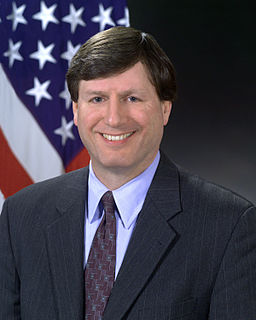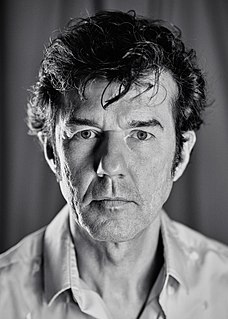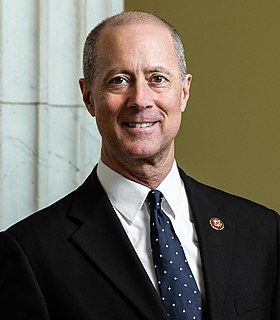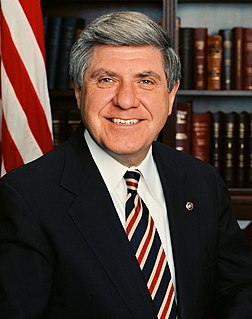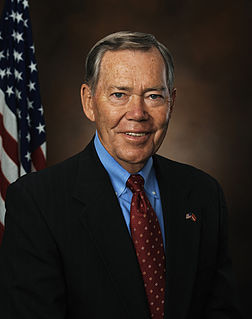A Quote by Stephen Cambone
That's driven by any number of factors, the most prominent of which have been the combat experience of two major campaigns - one in Afghanistan and the other in Iraq - and the ongoing demands of the global war on terrorism.
Related Quotes
The ongoing war in Afghanistan is being imposed on us, and Afghans are being sacrificed in it for someone else's interests. We are not blocking the interests of the United States or other major powers. But we are demanding that if you consider Afghanistan the place from which to advance your interests, then you should also pay attention to Afghanistan's interests.
I opposed the war in Iraq because I did not believe it was in our national security interest, and I still don't. What we [America] did was akin to taking a baseball bat to a beehive. Our primary security threat right now is terrorism - and by doing what we did in Iraq, we've managed to alienate a good part of the world and most of the allies whose intelligence and other help we need to combat and defeat terrorism.
Iraq at one time was actually a functioning government. It's a real state. Afghanistan is not Iraq. It's tribal. It's got a different - a number of different sects, never really had a solid government there running the country on any kind of a continuing basis. Well, to rebuild the nation of Afghanistan is going to be more difficult than rebuilding the nation of Iraq.
Continuous wars - which we have now had since 2001 - starting with Afghanistan, continuing on to Iraq. And even since Iraq, it's been more or less continuous. The appalling war in Libya, which has wrecked that country and wrecked that part of the world, and which isn't over by any means. The indirect Western intervention in Syria, which has created new monsters. These are policies, which if carried out by any individual government, would be considered extremist. Now, they're being carried out collectively by the United States, backed by some of the countries of the European Union.
